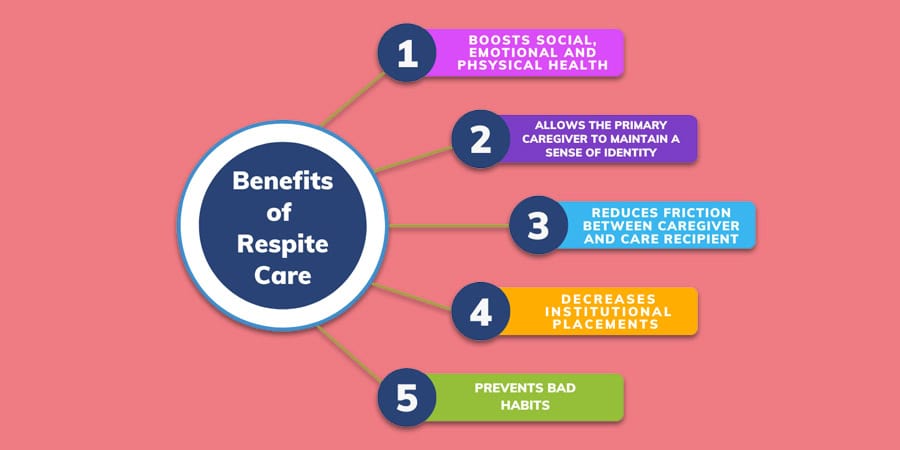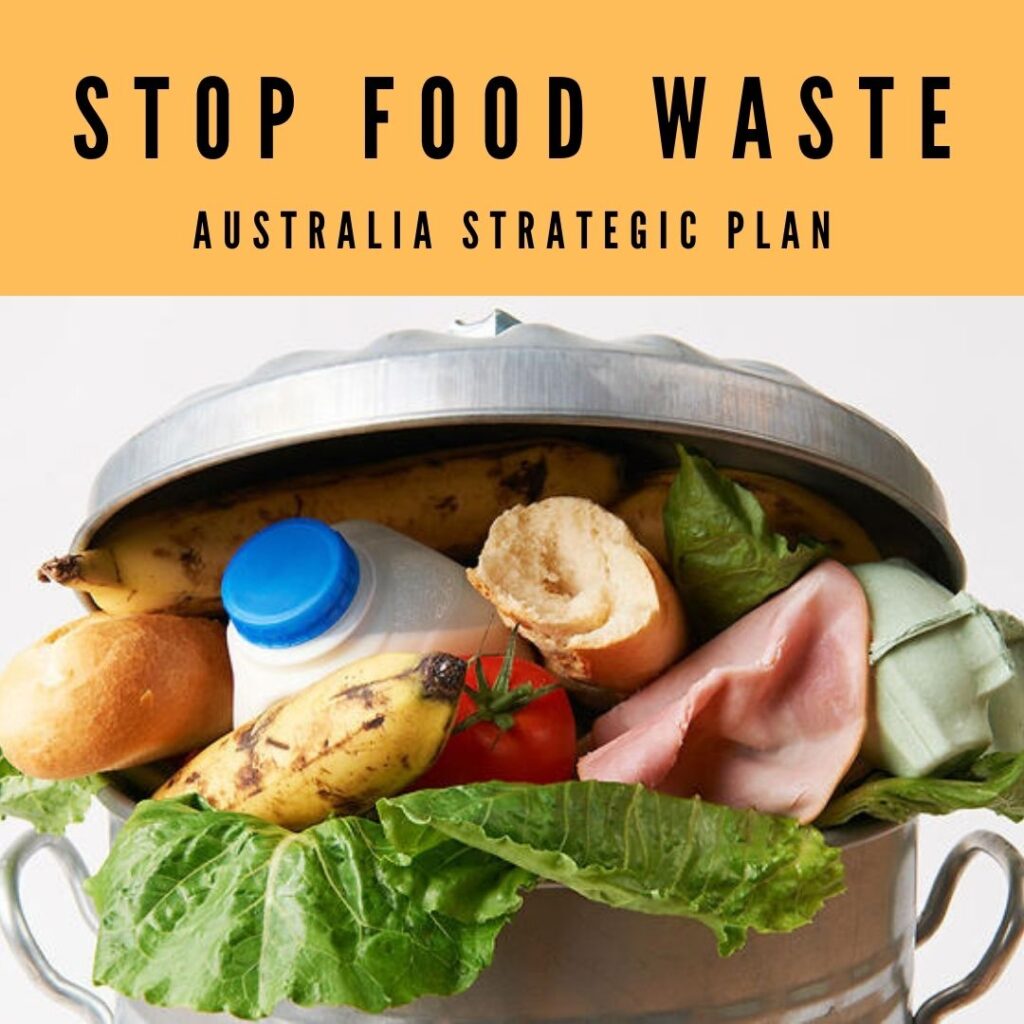The post Importance of Respite Care At All Stages Of Life appeared first on TheAussieway.
]]>
It is never an easy decision to leave a family member or loved one in someone else’s care, even if it is only for an afternoon or one day, as opposed to overnight. It is an especially important choice when it is a child or an aged person as they are dependent due to their age, but may also require more complex support for their possible disabilities and health needs.
Most of the time, when we think of families that include someone who is elderly or has a disability, our attention turns to that particular person and the daily struggles they must face. That is where the benefits of respite care come in, allowing you to have help with your duties and provide a full realm of care for your loved one.
What Is Respite Care?

Respite care is short-term professional care designed to give the primary caregiver a break from caregiving activities. Devoted caregivers may initially be resistant to giving up their responsibilities, worrying that it may be a sign of weakness.
In fact, the benefits of respite care prove the exact opposite, i.e., caregivers who request assistance from time to time give themselves the ability to return to their duties after some time away with more energy.
The phrase short-term can have a wide range of meanings. Respite care is a regularly scheduled service meant to meet non-medical care needs and can be provided both inside and outside your loved one’s home. Its primary goal is to provide family support services, which can include a variety of activities meant to assist your loved ones with everyday tasks.
Benefits of Respite Care At All Stages Of Life

There are several benefits associated with respite care. According to a recent survey, there have been recent studies that show that caregivers were most satisfied with early intervention therapies when they used the time to do what they wanted to do or planned to do.
This study mentioned that caregivers who achieved a high consistency between personal and work time are more likely to lead to improved mental health, less burnout, and higher levels of satisfaction.
One of the main benefits that respite care provides is allowing caregivers to go to work. Many caregivers, especially family caregivers are still employed. Unfortunately, these caregivers are more subject to stress as they try to deal with both the demands of full-time employment and caring for a loved one.
Family caregivers report improved physical and emotional health and reduced stress when respite is made available for their loved ones. Respite care services can help restore home stability and allow family caregivers to return to their responsibilities feeling fresh and rejuvenated.
Unlike professionals trained to care for individuals with disabilities or long-term care needs, most people who care for their loved ones do so without any specific training. Many times they find the role, and the stress, of being a caregiver thrust upon them.
For autistic kids, respite care serves the best as the experts provide the best help to cope with all stress factors for your kid. An Autism support worker will help your kid get the best of nature.
No matter how well you care for your loved one, the effects of stress on your own health and well-being are important reasons to consider respite care. If you experience the physical, emotional, and psychological toll that providing care is having on you, you have options.
But to be most effective for both you and your loved one, respite services need to be regular and purposeful, and not a once-in-a-while or last-ditch option, to provide a safe, caring environment.
We often find that upon assessment, individuals often qualify for several different services which, when combined, often adds up to several hours a day of support.
Depending on your family’s needs, each particular situation will require different levels of care. While in-home care usually provides the most benefits of respite care, sometimes it is necessary to utilize an out-of-home option as well. These options have their own benefits, especially to an individual who is getting ready to transition into or out of caring for themselves.
The traditional autism therapy Australia practices can be integrated with Eco-therapeutic strategies to deliver more positive outcomes. Eco-therapeutic methods work well because children can self-regulate in natural settings.
For optimal Eco-therapy results, an autism support worker can mix them with animals like Chase and horse. If you are the parent or full-time caretaker of children with autism, you may already know that respite care is very important.
And if you don’t know exactly how vital respite care is to the health of your family, reach out for support services for Autism in Australia. You can also get tips there for finding and funding respite care for someone with autism, as well as learn how to get over the guilt you may feel for needing it.
The post Importance of Respite Care At All Stages Of Life appeared first on TheAussieway.
]]>The post Australia Releases A Strategic Plan To Stop Food Waste appeared first on TheAussieway.
]]>
The number of Australians experiencing food insecurity increased to 28% in 2020 due to COVID-19 and were mainly younger people. Fruit and vegetables that do not meet specifications required by retailers are mostly thrown away, some of which is of high enough quality to feed vulnerable Australians. The wastage also hurts Australian farmers who have spent time and resources producing crops.
This is why a strategic way to avoid food waste in Australia is so important for sustaining life. Moreover, this will help the nation cope with upcoming food shortages in years.
The Challenge
Globally, approximately one billion tons of food produced for human consumption goes to waste each year. Australian food wastage statistics revealed that $20 billion is lost to the economy through food waste, and about 2.2 million tons of food goes to waste each year.
Food waste occurs in primary production, processing and manufacturing, distribution, retail, households, and foodservice. These occur in instances such as product loss due to pests, spoilage due to inadequate temperature control, and confusion over use-by and best-before date labeling in households.
The Australian Government is investing over $10 million to support research on reducing waste through organisations such as Cooperative Research Centres, Food and Agribusiness Growth Centre and AgriFutures Australia. These organisations support each other to develop higher-value products from converted or retrieved food waste.
Battling The Challenge
The Australian government has pledged to provide $1.37 million in funding to support a variety of programs designed to stop food waste by 2030. In order to move forward, further research and a strategic plan of action are necessary.
About $1 million will be used to create an independent organization that will develop an implementation plan that recommends specific actions that can be undertaken to reduce food waste in Australia. The government will also create a voluntary commitment program that focuses on commercial and industrial food waste.
$370,000 in funding will go toward the establishment of a National Food Waste Baseline, which will be used to monitor waste levels and track the nation’s progress toward its 2030 goal.
In regards to business, the government has committed to identifying areas for improvement and investment, encouraging innovation, supporting technology adoption, and normalizing food waste considerations into business practices. It also aims to change the behavior of consumers and engage the workforce in food waste-related projects. One of the most innovative initiatives taken in this regard is launching a food waste app – EatBy.
How Does The Food Waste App Help?

The latest Australian food waste app developed sounds promising in its goals and goes with the government protocol as well.
Developers of the app have incorporated artificial intelligence into their kitchen-management and grocery-list app, which is aimed at reducing domestic food waste.
The latest release of the EatBy App automatically suggests how long fruit, vegetable and frozen items will stay fresh, then reminds consumers to use them before they go off. According to the developers, the app also learns the storage habits of individual users.
Not everyone’s kitchen is the same and different food-storage environments affect the shelf life. The app addresses this problem by learning as it’s used over time.
Domestic food waste is now a large contributor to the global food-waste problem. Supermarkets, which have been blamed for large quantities of unsold food being wasted, have made substantial changes that have reduced food waste in the supply chain. However, the problem of food waste at home is still huge.
Users and media praised initial versions of the app, despite the user interface being described as clumpy. Subsequent versions have addressed this, incorporating a more intuitive and attractive interface.
Designers at EatBy say they are now developing the app to make the best use of the freezer in an effort to make users more aware of the benefits of freezing food to further prevent food waste.
EatBy is also developing smart kitchen hardware that will make kitchen management simple.
Artificial intelligence does not need to be scary, said the developers. In EatBy’s case, it’ll simply help make life better. Their technology is aimed at families, foodies, and people who love to cook.
They’re not interested in creating futuristic, sterile kitchens but are interested in encouraging everyone to eat delicious fresh food, prevent food waste, and save money.
Final Thoughts..
Confronting social and economic issues of food waste requires a change in food waste resources, reduced supply chain losses and engaging society to encourage behaviour changes.
Other ideas to promote a solution to food waste include tax incentives for food donations to increase food access for vulnerable Australians. Increasing efficiencies at the farmgate is an ongoing challenge and requires meaningful action from the entire community.
The post Australia Releases A Strategic Plan To Stop Food Waste appeared first on TheAussieway.
]]>